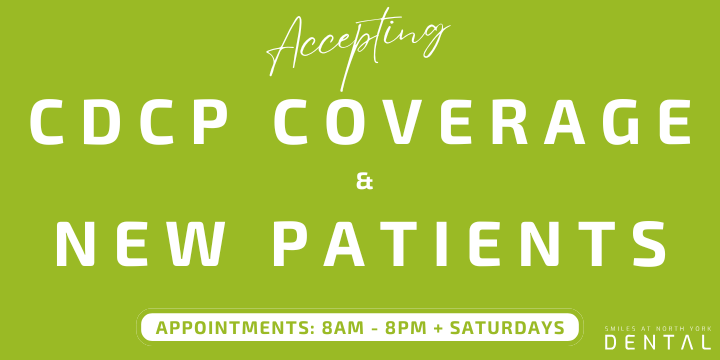Dental Terms
Temporomandibular Joint Syndrome (TMJ) in North York
Temporomandibular joint, often referred to as TMJ, is the jaw joint, and Temporomandibular Joint Syndrome is a condition affecting the jaw muscles and nerves due to injury or dysfunction of this joint. The temporomandibular joint serves as the connection between the jawbone and the skull. When this joint is injured or impaired, it can lead to various symptoms and discomfort, including pain during chewing, clicking or popping sounds in the jaw, facial swelling, nerve inflammation, headaches (including migraines), teeth grinding (bruxism), Eustachian tube dysfunction, and, in some cases, dislocation of the temporomandibular joint. This condition is also known as Temporomandibular Joint Disorder (TMD).
Each individual has two TMJs, one on each side of the face, working together in harmony. These joints derive their name from the two bones that form them: the upper temporal bone (a part of the skull) and the lower jaw bone, known as the mandible. What makes TMJs unique is the presence of the articular disk, a fibrocartilaginous tissue similar to the flexible cartilage found in the ear. This disk is positioned between the two bones composing the joint. The TMJs are among the few synovial joints in the human body that contain an articular disk, with another example being the sternoclavicular joint. The disk effectively divides each joint into two compartments. The lower compartment, formed by the mandible and the articular disk, facilitates rotational movements, allowing the jaw to open and close. On the other hand, the upper compartment, formed by the articular disk and the temporal bone, enables translational movements, allowing the lower jaw to move forward or side to side. The condyle of the mandible articulates with the undersurface of the disk, while the glenoid (or mandibular) fossa of the temporal bone mates with the upper surface of the disk.
It's essential to note that when referring to pain or dysfunction of the temporomandibular joint, "TMJ" is often used colloquially. In reality, TMJ is the proper name of the joint, and Temporomandibular Joint Disorder or Dysfunction is abbreviated as TMD. This term encompasses a group of issues related to the TMJs and the various surrounding tissues, including muscles, tendons, ligaments, blood vessels, and more. In some cases, practitioners may also include the neck, back, and even the entire body when describing problems associated with the TMJs.
What are the Symptoms and Signs of TMJ Syndrome?
The primary symptom of TMJ syndrome is pain in the jaw joint. This joint is located just in front of the ear, and the pain associated with TMJ syndrome can radiate to different areas, including the face, eye, forehead, ear, or neck. Common signs and symptoms of TMJ syndrome include:
- Pain or tenderness in the jaw, particularly around the joint area
- Popping or clicking sensations in the jaw
- Pain resembling a toothache
- Ear pain or sensations of cracking in the ears
- Ringing or popping sounds in the ears (tinnitus) or a feeling of fullness in the ears
- Headaches, including migraines
- Blurred vision
- Tight, stiff, or sore jaw or neck muscles
- Muscle spasms in the jaw
- Facial pain, mouth pain, jaw pain, cheek pain, or numbness or tingling in the chin
- Pain at the base of the tongue
- Pain, swelling, or a lump in the temple area
- Difficulty chewing
- Shoulder pain
- Locking or dislocation of the jaw, often experienced after wide yawning and referred to as lockjaw
- Dizziness or vertigo
If you are experiencing symptoms indicative of TMJ syndrome or are dealing with persistent jaw discomfort, please contact Smiles at North York Dental at 416-494-5488 to arrange an appointment with Dr. Mahwish Raza. Our practice is conveniently located at 4815 Leslie Street in North York, ON, and we are here to help you address your concerns and find effective solutions for your condition.


